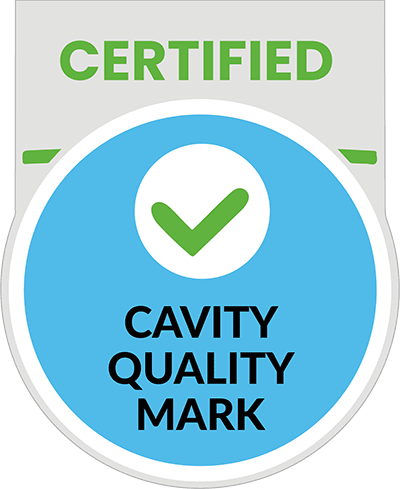In this guide, we’ll explore top strategies and dental nurse tips for handling difficult situations effectively – particularly useful for agency professionals who may not always have the comfort of a familiar team around them.
1. Dealing with Medical Emergencies in Dental Practices
Although rare, medical emergencies in dental settings can be high-pressure events, especially if you're in a new practice with a team you've never worked with before.
🔹 Stay calm and rely on your training – Your annual CPD includes emergency protocol for a reason. Trust your knowledge and skills; they’re your foundation during stressful moments.
🔹 Keep up with hands-on training – While theory is essential, practical, scenario-based training gives you the confidence to take appropriate action when it counts.
🔹 Familiarise yourself with emergency equipment – On arrival at a new practice, make it a priority to ask where the emergency kit is located and who the designated first aider is.
2. Navigating Gossip and Confidentiality
Agency dental nurses often pique curiosity – "Where have you been?" or "What’s the worst thing you’ve seen?" are common questions. While usually well-meaning, it’s vital to maintain professional integrity.
🔹 Respect patient and practice confidentiality – The dental world is smaller than you think. What you say (or don't say) reflects your professionalism.
🔹 Set clear boundaries – If you’re uncomfortable, be honest. Redirect conversations or politely excuse yourself.
🔹 Seek support when needed – If in doubt, your Regional Manager (such as at Cavity) is there to help with advice and guidance.
3. Supporting Patients with Complex Medical Histories
Patients with additional needs can present challenges – but they’re also some of the most rewarding to treat. As an agency dental nurse, you may not know the clinician’s experience level or how the team typically manages these cases.
🔹 Communication is key – Don’t be afraid to ask questions. Find out the clinician’s preferences and how similar appointments are usually handled.
🔹 Work as a team – As the day progresses, you’ll naturally develop a rhythm with your clinician. Be open, adaptable, and supportive.
🔹 Prepare ahead – If you’re briefed beforehand about a patient’s needs, use the time to read up or refresh your knowledge via CPD.
4. Managing Nervous Dental Patients
Nervous patients are common and can turn a routine appointment into a lengthy or emotionally charged experience.
🔹 Lead with empathy – Be patient, listen, and show compassion. A calm presence can make a world of difference to someone feeling vulnerable.
🔹 Avoid rushing – Give the patient time to adjust. Let them feel in control wherever possible.
🔹 Hold space – Sometimes a simple gesture like holding their hand can provide immense comfort.
🔹 Continual learning – There are numerous CPD courses dedicated to anxiety management and behaviour techniques. Take advantage.
5. Handling Aggressive or Confrontational Patients
Occasionally, fear and frustration can manifest as aggression. As confronting as it may feel, it’s important to manage the situation with calm professionalism.
🔹 Set boundaries – Let the patient know politely but firmly that aggressive behaviour is not acceptable. Safety is a priority.
🔹 Choose a private space – Address concerns away from others. Privacy reduces embarrassment and tension.
🔹 Don’t escalate – Avoid matching their energy. Stay calm, listen, and remain neutral.
🔹 Apologise where appropriate – A sincere apology can de-escalate conflict. Even if you're not at fault, showing concern goes a long way.
🔹 Offer solutions and follow up – Ensure the patient feels heard. Explore how their concerns can be addressed constructively.
6. Working with Left-Handed Clinicians
Left-handed dentists are a rarity, but when you encounter one, it can be a little disorienting at first – especially in terms of positioning, access to instruments, and visibility.
🔹 Ask about their setup preferences – Some left-handed clinicians adjust equipment layouts; others stick to a standard configuration. Understanding their workflow is essential.
🔹 Prepare in advance – Set up the surgery with potential positioning changes in mind. Organisation is your friend.
🔹 Communicate clearly – If your view is obstructed or you're unsure about handing instruments, say so respectfully. Most clinicians will appreciate your honesty.
🔹 Share what you know – If you've worked with left-handed colleagues before, share helpful tips. Teamwork and shared learning benefit everyone.
Final Thoughts
Being an agency dental nurse brings variety, growth, and independence – but also the occasional challenge. By staying proactive, communicating clearly, and maintaining a high level of professionalism, you’ll not only manage difficult situations but thrive in them.
And remember – you’re never alone. Lean on your training, trust your instincts, and when in doubt, ask for support.


